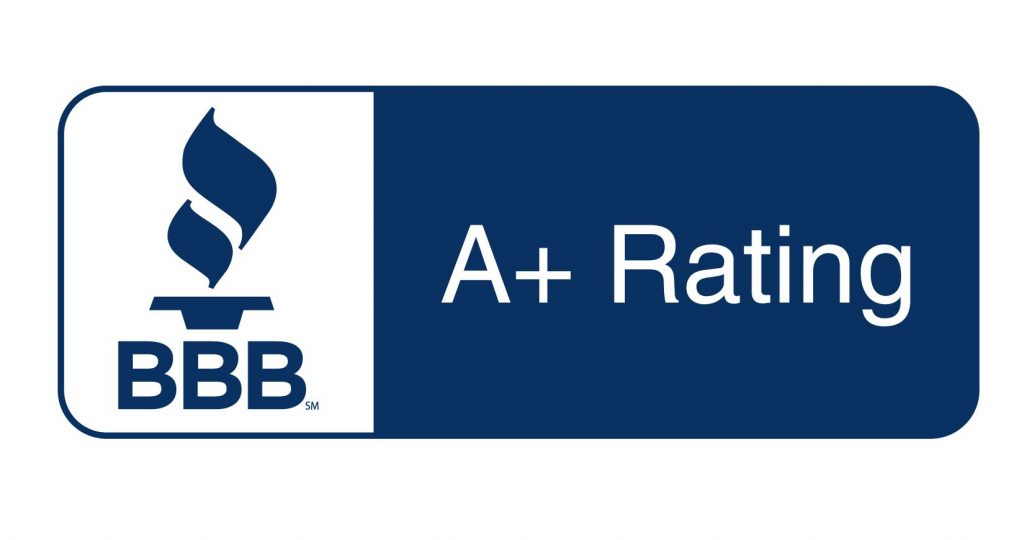
Pros
A common fear when it comes to planning for retirement is that a person may outlive their income. Retirement income annuities that have durations that provide lifelong income to an investor helps to minimize this fear. Another important factor to consider is that people will pay taxes as they withdraw money from the annuity, which means that a person only pays taxes on what is needed and withdrawn. If the retirement annuity is fixed, there’s an ultimate guarantee (for a certain amount) for the rest of the person’s life.
Cons
As with any financial product, there may be negative factors that could make them imperfect, and retirement income annuities aren’t an exception. Such factors, like payment structure, can create additional risk and can affect a person’s preparedness. If the annuity is considered variable, then there’s less guarantee of the payment amounts, so it can be hard to plan and be prepared.
Also, there’s a price that comes with guaranteed payments for a long time, so the cost of annuities could make them an unaffordable option versus a simple savings account or Certificate of Deposit (CD). Even then, the only guarantee on annuities is based on the company’s ability to pay—based on their current and long-term financial strength. An additional guarantee is available through riders but comes at additional costs, making these options that much more unaffordable.
Aside from the initial costs and common drawbacks, unexpected situations may arise that put investors in a spot where they need to withdraw money from the annuity before the agreed-upon date. This could involve additional fees to do so and impact what would be available when the surrender period officially ends. Even if someone waits until their period ends for the payouts, the rates used to tax the amounts are relatively high compared to other investment options.



